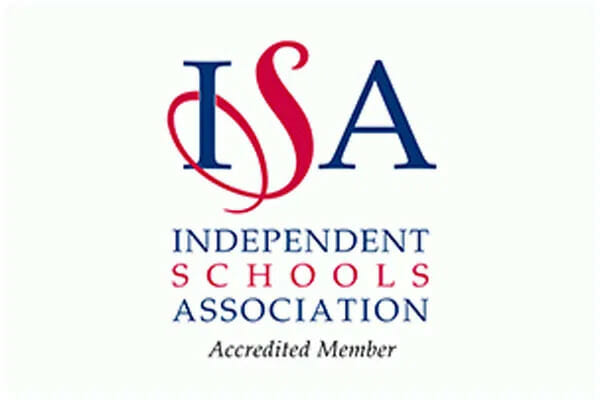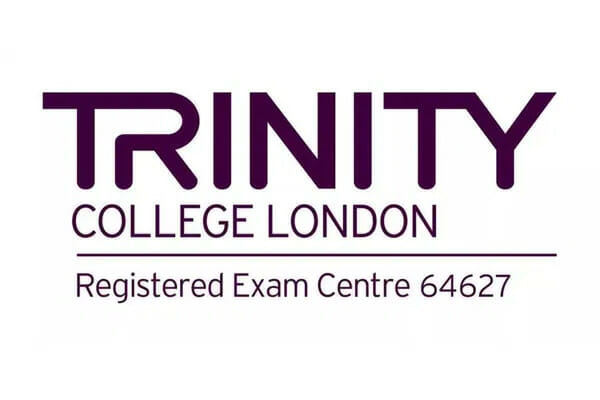Reception Class
Reception Class is the first year of primary school, when the children have reached statutory school age.
The Reception classroom is set out similarly to the Nursery classroom. The seven areas of learning from the Early Year Foundation Stage still feature and the children still have access to all of the Early Years Resources within the school.
Initially Reception Class pupils continue to follow the EYFS programme. In addition, phonics are developed so that children learn blends using our preferred programme “Read, Write, Inc.” and begin to write words and simple sentences. The children develop at different paces, so there is always a wide range of teaching and learning within the class.
Soon the children begin to follow our primary curriculum. We deliver a whole-school, topic-based approach to learning. We use a major topic each term as a theme that unifies all the children’s learning. Moreover, this theme may be studied across more than one class, allowing for dynamic interactions between different age groups. Children enjoy a predominantly child led curriculum – within that, they attend Forest School weekly and learn a modern foreign language. Children are also given a reading book to take home to read with their parents. This is a great support for their learning and allows parents an insight into their learning.
Across Nursery Class and Reception Class, parents have access to their child’s individual learning journey by means of the online journal Tapestry. Here, our staff upload photos, notes and records of each child’s days in class, allowing parents to log in to view or to contribute to, their child’s unique journal.
In England, children usually start school in Reception Class in the September after their fourth birthday, For example, if your child turns 4 in April, they will start school in September the same year.
To find out what year your child will join primary school, enter their date of birth into the box below.
5 Helpful Tips to Prepare Your Child for Primary School
- Encourage Independence
Teach your child to dress themselves, and put on coats, hats and gloves.
Teach your child to use the toilet independently, remember to close the door, use the flush and wash hands afterwards.
Teach your child to listen and follow basic directions from adults.
- Develop Social Skills
Teach your child to share and to take turns.
Teach your child to be polite to others.
Teach your child that ‘our bodies are our own’ so we should not touch others if they don’t like it, and it is okay to say no if you don’t like someone touching you.
Teach your child to ask adults for help if they need it.
- Build Early Literacy and Numeracy
Introducing basics can help ensure your child is ready to learn when they start school.
Writing: ‘Mark making’ is a great way to prepare for writing. Encourage your child to draw, scribble, and try writing their name.
Reading: Look at books together, read to your child, talk about stories, and encourage your child to recognise letters.
Numbers: Counting is fun, so count objects, play number games, and sing counting songs.
- Prepare for School Routines
Visit the school with your child so that they can picture what to expect in class, at playtime and lunch.
Practice a morning routine: getting dressed, packing bags and leaving on time.
Let them know what happens at the end of the day, and who will pick them up from school.
- Encourage a Positive Attitude to Learning
Show excitement about school, and the things they will do.
Encourage them to share their interests with teachers.
Reassure them that they are just starting learning, and not to worry if they don’t know an answer – it is all part of learning.
The EYFS framework can be found here:
Ten Town click here
Tapestry click here
Early Years Framework Stage (EYFS) click here

